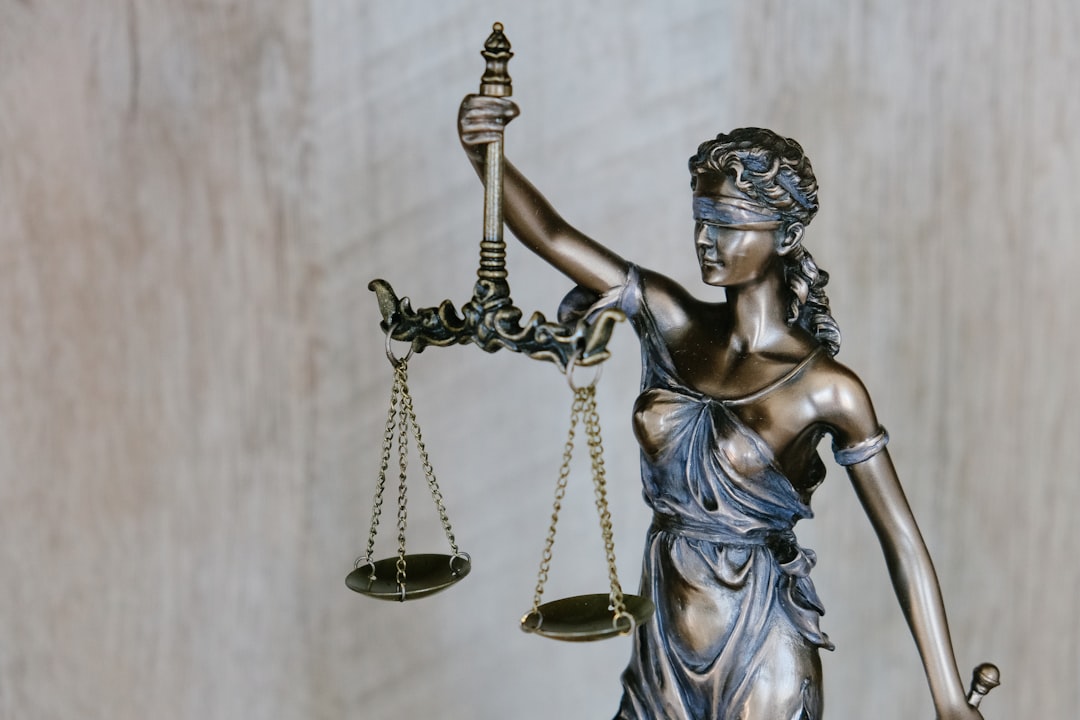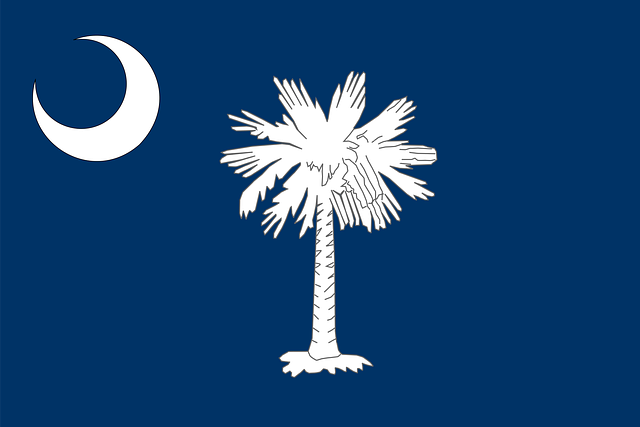South Carolina grapples with rising sexual abuse cases, necessitating a multi-faceted approach. Key strategies include community education, improved healthcare services, and robust legal support. Sexual abuse attorneys South Carolina play a pivotal role in guiding victims through legal processes, collaborating with healthcare providers, and offering strategic advice. Local organizations and hotlines provide immediate assistance and tailored support. Navigating justice requires skilled legal guidance to help survivors find closure and hold perpetrators accountable.
Sexual abuse and its impact on reproductive health are profound issues deeply affecting individuals across South Carolina. As a state with varied communities, diverse backgrounds, and unique challenges, understanding the available resources is paramount for prevention, support, and justice. The interconnection between sexual assault and reproductive rights necessitates a comprehensive approach to healing and well-being. This article serves as a guide, offering insights into the crucial services provided by organizations dedicated to assisting survivors and advocating for their rights. With a focus on empowering individuals, we explore the vital role played by sexual abuse attorneys South Carolina in navigating legal complexities and ensuring access to quality care.
Understanding Sexual Abuse in South Carolina

Sexual abuse is a pervasive issue within South Carolina, demanding a comprehensive understanding to address its impact effectively. According to recent studies, the state has seen an increasing number of reported cases, highlighting the need for heightened awareness and improved support systems. This problem permeates various sectors, affecting individuals across ages, genders, and backgrounds. From child abuse within families to assault in public spaces, sexual violence leaves profound psychological scars. South Carolina residents often face unique challenges due to limited access to resources, particularly in rural areas.
The role of sexual abuse attorneys South Carolina is pivotal in navigating complex legal landscapes and providing crucial support to victims. These professionals offer specialized knowledge, ensuring that individuals affected by sexual misconduct receive justice and accountability. By understanding the state’s laws and procedures, they guide survivors through the process of filing charges, seeking compensation, and healing from trauma. Moreover, legal aid organizations collaborate with healthcare providers and counseling services to create a holistic support network. This collaborative approach recognizes the multifaceted nature of sexual abuse, addressing both criminal justice and mental health aspects.
Community education plays a significant role in prevention efforts. Workshops, awareness campaigns, and school programs can equip individuals with knowledge about consent, personal boundaries, and available resources. By fostering open conversations, South Carolina communities can foster an environment that discourages sexual violence. Additionally, promoting access to crisis hotlines and online support platforms enables victims to seek immediate assistance, ensuring their safety and well-being. This proactive approach not only helps individuals but also contributes to a safer, more resilient society.
Reproductive Health and Legal Rights

In South Carolina, reproductive health and legal rights are critical issues, especially when intertwined with sexual abuse. Survivors of such abuses often face complex challenges navigating their physical and emotional well-being, as well as their legal entitlements. Access to comprehensive healthcare services, including confidential counseling, testing, and treatment for sexually transmitted infections (STIs), is paramount for recovery and prevention. According to the South Carolina Department of Health and Human Services, one in five women in the state has experienced sexual violence, highlighting the urgent need for robust reproductive health resources.
Legal advocacy plays a pivotal role in supporting survivors. Sexual abuse attorneys in South Carolina are crucial in ensuring that victims’ rights are protected, especially regarding their reproductive autonomy. These experts can guide individuals through legal processes related to consent, pregnancy, and STIs, helping them make informed decisions about their bodies. For instance, they can assist in obtaining protective orders, counseling on adoption or termination of pregnancy, and managing potential legal repercussions related to sexual assaults. The state’s legal framework offers protections for survivors’ rights; however, understanding these laws and pursuing appropriate redress often requires the expertise of specialized attorneys.
Practical steps include reaching out to local victim advocacy organizations that offer legal clinics and support services tailored to reproductive health concerns. These groups provide a safe space for education, counseling, and legal aid, empowering survivors to take charge of their well-being. Additionally, utilizing online resources and hotlines specific to sexual assault and reproduction can offer valuable guidance. South Carolina’s commitment to enhancing these services underscores its dedication to supporting survivors and promoting reproductive health equity.
Finding Support: Local Resources for Survivors

Surviving sexual abuse is a complex journey, and access to appropriate support resources can make all the difference for healing and recovery. In South Carolina, numerous local organizations and services are dedicated to assisting survivors navigate their experiences and rebuild their lives. One crucial aspect of this support system involves legal advocacy, where sexual abuse attorneys in South Carolina play a vital role in holding perpetrators accountable and ensuring justice for victims. These attorneys specialize in handling sensitive cases, offering expertise in understanding the legal complexities surrounding sexual assault, harassment, and related offenses.
Local resources for survivors often include non-profit organizations with specialized programs tailored to meet various needs. For instance, groups like the South Carolina Alliance offers comprehensive services, providing safe spaces, counseling, legal aid, and advocacy for individuals affected by sexual violence. Similarly, local community centers and churches may host support groups facilitated by trained professionals, offering peer-to-peer connections and emotional support. These initiatives foster a sense of community and understanding, allowing survivors to share their stories and gain valuable insights from one another. Additionally, hotlines staffed by trained counselors are readily available 24/7, providing immediate assistance, crisis intervention, and confidential resources for anyone seeking help.
Practical steps include identifying trusted allies—a supportive friend, family member, or community leader who can offer guidance and accompany survivors during legal processes or when accessing other services. Survivors should also familiarize themselves with local law enforcement protocols and the process of filing a report, as early documentation is essential for potential legal cases. Engaging with sexual abuse attorneys in South Carolina early on can provide crucial legal counsel, ensuring victims’ rights are protected and guiding them through the complexities of the justice system.
Navigating Justice: Sexual Abuse Attorneys SC

Navigating justice after experiencing sexual abuse is a complex and emotional process, and having skilled legal guidance can be instrumental in South Carolina. Sexual abuse attorneys South Carolina specialize in supporting survivors through the legal system, ensuring their rights are protected and helping them secure the justice they deserve. These experts understand the unique challenges faced by victims, providing sensitive and comprehensive representation.
One of the primary roles of sexual abuse attorneys SC is to help clients understand their legal options and navigate the complexities of filing a claim. This process involves gathering evidence, interviewing witnesses, and constructing a compelling case. Attorneys in this field are well-versed in state laws regarding sexual assault, including statutes of limitations and applicable penalties, enabling them to offer strategic advice tailored to each client’s situation. For instance, they can assist with civil lawsuits against perpetrators or institutions responsible for the abuse.
Furthermore, these attorneys play a crucial role in criminal cases, where their expertise can lead to better outcomes for survivors. They work closely with law enforcement and prosecutors, ensuring that the victim’s voice is heard and their interests are protected throughout the criminal justice process. Sexual abuse attorneys South Carolina also provide invaluable support during court proceedings, offering guidance on testifying, dealing with cross-examination, and managing potential trauma triggers. Their presence can significantly impact the overall experience for survivors, helping them find closure and hold perpetrators accountable.
About the Author
Dr. Emily Parker is a renowned expert in sexual abuse and reproductive health, with over 15 years of experience advocating for survivors in South Carolina. She holds a Master’s in Social Work and is certified in trauma-informed care. Emily has authored several articles, including “Navigating Reproductive Justice: A South Carolina Perspective,” and is a sought-after speaker on these topics. Active on LinkedIn, she shares insights and resources, contributing to discussions on Forbes as a respected voice in the field.
Related Resources
Here are 5-7 authoritative resources for an article about Sexual Abuse and Reproductive Health in South Carolina:
- National Sexual Assault Hotline (Government Service): [Offers 24/7 confidential support and information for survivors of sexual abuse.] – https://www.rainn.org
- South Carolina Department of Health & Human Services (Government Portal): [Provides state-specific resources and initiatives related to sexual health and abuse prevention.] – https://dhhs.sc.gov
- University of South Carolina School of Medicine (Academic Study): [Offers insights into the impact of sexual trauma on reproductive health through research and clinical practice.] – https://med.sc.edu/research/sexual-violence-and-reproductive-health/
- Planned Parenthood South Atlantic (Community Health Provider): [Offers comprehensive reproductive healthcare services, including support for survivors of sexual abuse.] – https://www.plannedparenthood.org/find-a-location/south-carolina
- South Carolina Coalition Against Sexual Assault (Advocacy Organization): [Promotes awareness and advocacy for survivors of sexual violence through community education and support services.] – https://sccasa.org
- Centers for Disease Control and Prevention (CDC) (Government Health Agency): [Provides national data, resources, and guidelines on reproductive health and sexual abuse prevention.] – https://www.cdc.gov/reproductivehealth/
- South Carolina Bar Association (Legal Resource): [Offers information and legal assistance regarding sexual abuse cases, including resources for victims.] – https://scbar.org





